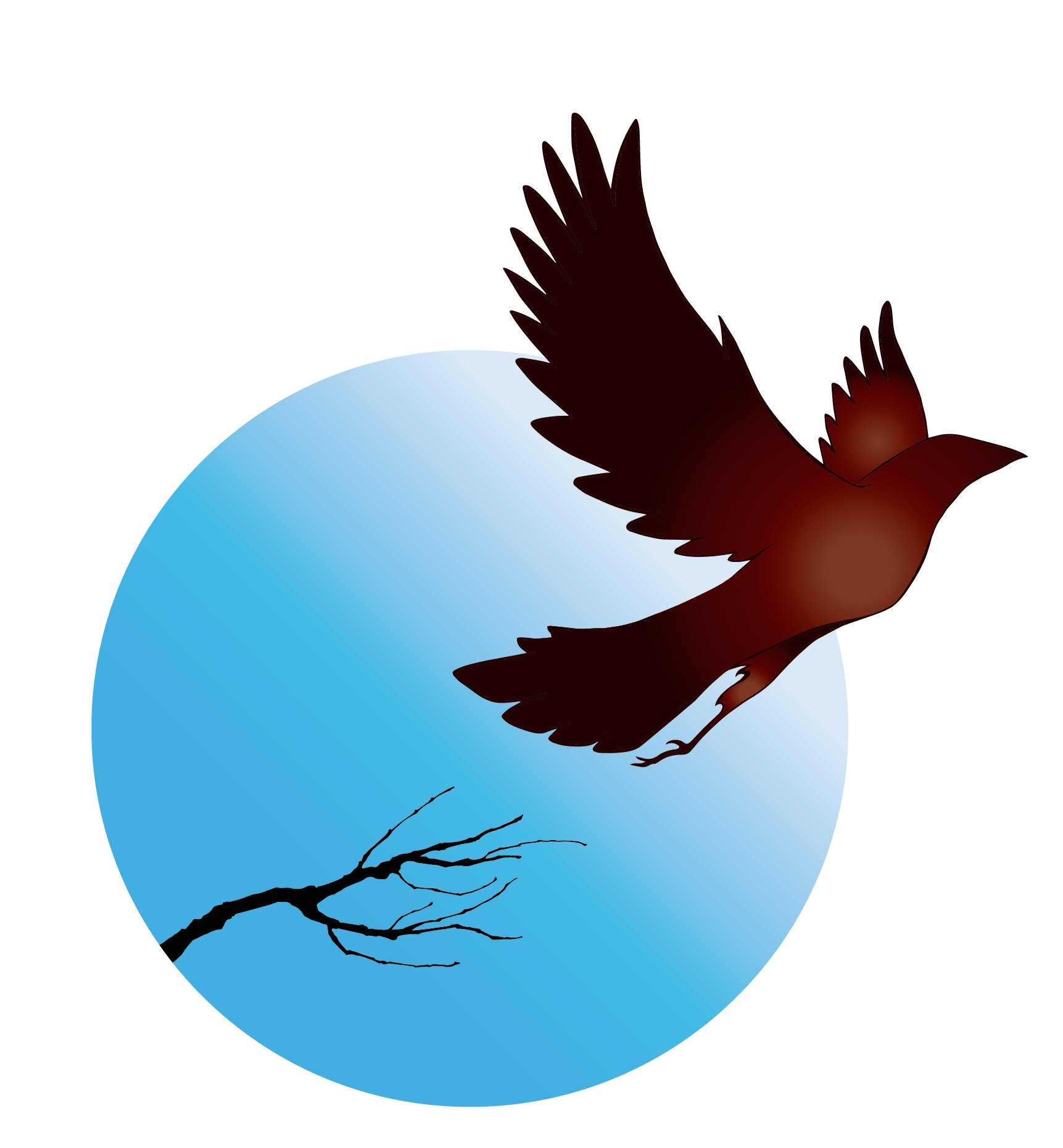Craniosacral Therapy
Are you suffering from headaches, recovering from head injury, experiencing balance issues, joint pain, body discomfort, stress, trauma or anxiety? Craniosacral Therapy is a very gentle, yet powerful treatment that is extremely restorative to the body, helping to realign, rebalance, and reset the major systems.
Jennifer takes an integrative approach with her bodywork sessions starting with Craniosacral Therapy as the foundation, then integrating other healing modalities to help facilitate a unique experience for each individual. She believes that each body has innate wisdom and the power to self regulate. When we become disconnected from ourselves we often lack focus, direction, intention, purpose and joy. Through the process of craniosacral therapy, we unlock restrictions and barriers and intentionally create space for positive energy, vitality and life force to enter the body. This process allows the body to rediscover it’s innate wisdom of healing and self regulation, which in return brings more balance and inward peace.
60MIN $80-110 | 90MIN $120-150
*Sliding Scale Pricing (see details below)
Practice Sessions | 45mins $45
In these 45 min practice sessions, you will be helping me fine-tune my techniques. These are a win-win for both me as a practitioner and you as a client. You get to relax and restore at a very reduced rate, and I get to enhance and hone my skills to better serve you in the future. A very unique opportunity to experience the gentle, profound benefits of Craniosacral Therapy.
SchedulE An Appointment
More about Craniosacral Therapy
Dr. John Upledger is celebrated for his development of Craniosacral Therapy. A self healing and self regulating system. A gentle non-invasive therapy that assesses, modifies, and corrects restrictions in the craniosacral system to improve wellness. The body has an inner wisdom that is powerful and organic, it truly knows how to heal. The craniosacral touch includes light hands on work, that is 5grams of pressure or less. This light touch allows the therapist to tune into the craniosacral rhythm for guidance and direction for how the client needs to be treated.
The CSR (craniosacral rhythm) is a physiological system that is responsible for the production, circulation and re-absorption of CSF (craniosacral fluid). CSR consists of, the ventricular system that produces CSF, the dural membranes that surround the brain and spinal cord, and the bony and fascial attachments of membranes. The Craniosacral System is treated through light touch, time, intention and energy. Once the rhythm has been reset, the body then naturally opens up and signals the therapist to move in synchronicity.
CST is increasingly used as a preventive health measure for its ability to bolster resistance to disease, and is effective for a wide range of medical problems associated with pain and dysfunction, including (but not limited to):
Migraine Headaches
Chronic Neck and Back Pain
Concussions and Traumatic Brain Injuries
Scoliosis
Learning Disabilities
Chronic Fatigue
Emotional Difficulties
Stress and Tension-Related Problems
Fibromyalgia and other Connective-Tissue Disorders
Temporomandibular Joint Syndrome (TMJ)
Post-Traumatic Stress Disorder
How often should I receive CST? This is up to the client's body and how well it responds to treatment. For those who have experienced phyiscal or emotional trauma, it is helpful to be treated weekly. Every client is different, some may need several treatments to correct the dysfunction, while others need fewer. Once the body reaches homeostasis, regular 4-6 week well visits are recommended.
What should the client expect? The session begins with dialogue, often 10-15mins. The bodywork is fully clothed. The therapist may incorporate soft tissue massage or other modalities during the treatment if the clients body is asking for the facilitation. The therapist will guide you through letting you know what to expect. A full evaluation of the craniosacral system happens at the beginning of the treatment; which includes checking the CSR for imbalances. During treatment, the practitioner will hold with gentle touch (5 grams of pressure), on different parts of the craniosacral system, encouraging and enhancing the CSR movement. Every client will respond differently depending on what needs to be released within the body. Some may experience REM (rapid eye movement), twitching, expansion of breath, laughing, crying, sneezing, coughing, increased digestion, hot or cold flashes, and/or a deep sense of relaxation or exhaustion. All of these sensations are completely normal and expected. They are signs that the autonomic nervous system is working and the systems are resetting. If you would like to learn more about Craniosacral Therapy, please visit The Upledger Institutes website.
about PRICING …
Sliding scale pricing is a progressive and inclusive payment system employed by various businesses. It is designed to ensure that services are accessible to a broader range of individuals, taking into account their financial means and circumstances. At its core, sliding scale pricing recognizes that not everyone possesses the same economic resources. It acknowledges the diverse financial situations that individuals may encounter, be it due to income limitations, medical expenses, or other unforeseen circumstances. Instead of adhering to a fixed fee, sliding scale pricing offers a range of prices from which clients can select based on their financial abilities.
In essence, sliding scale pricing at Blackbird Wellness VT and similar establishments creates an environment where everyone feels welcome, ensuring that high-quality care is available to all who need it, irrespective of their economic circumstances. This innovative approach to pricing promotes social equality, allowing individuals to prioritize their health and well-being, both physically and mentally.
When scheduling an appointment, the price of your session will automatically fill with the highest posted amount, however during check-out each client will determine how much they will pay.
Venmo is the preferred method of payment, however, cash, check and credit card are also acceptable forms of payment.



